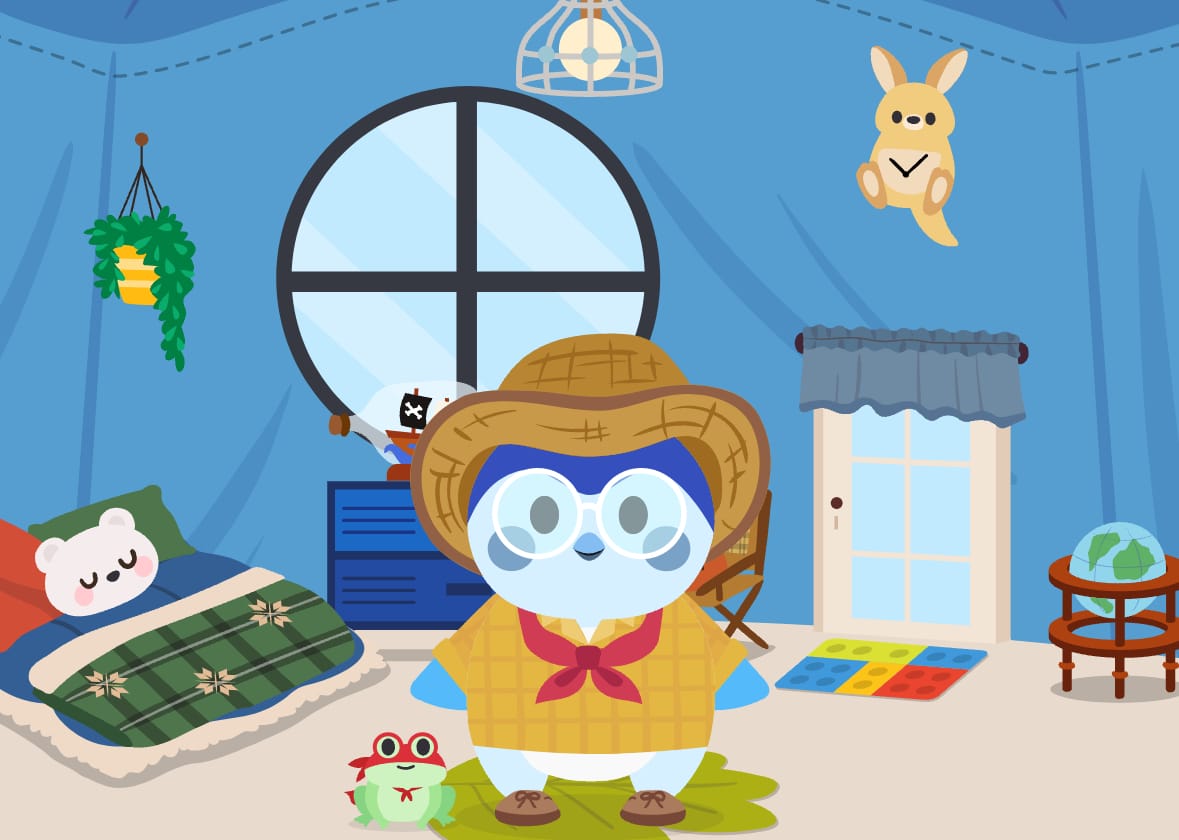I recently finished the book Tiny Experiments: How to Live Freely in a Goal-Obsessed World by Anne-Laure Le Cunff. The thesis of the book is that we should try playful, flexible experiments instead of setting so many rigid, linear goals.
As a somewhat goal-averse person, this concept resonates with me.
One of my main problems with traditional goal-setting is that once I set a goal, I feel like I’m not allowed to change my mind. I can’t tell you how many goals I’ve “failed” to achieve for the simple reason that I made a conscious decision to pivot to a different priority. And is that really failure?
Experimentation is a more flexible, fluid approach. Experimentation focuses more on the process than the outcome — it’s about doing a certain action for a certain amount of time and seeing what happens as a result.
For example, one of the author’s early experiments was to publish an article every day for 100 days. She wasn’t focused on monetizing her writing or gaining a certain number of followers. She just wanted to see what would happen if she wrote and published her writing consistently.
Side note: 100 days is kind of a long time for an experiment, especially one as ambitious as posting articles every day.
To avoid falling into fatal “all-or-nothing” thinking, I recommend not being too strict about your experiment’s parameters. Perfectionists, take a deep breath.
If your goal is to do something every day for a month, and you miss a few days, you still did that thing for many more days than you would have otherwise. One of my favorite modern thinkers and writers, Oliver Burkemann, writes about the benefits of doing things “dailyish”:
“An every-single-day rule is so rigid, so intolerant of the vagaries of life, that you'll inevitably soon fall off the wagon. And once that's happened, you lose all motivation to continue – so you end up doing less, in aggregate, than if you hadn't been quite so exacting in your demands.”
🤯
Before I even read Tiny Experiments, I had started an experiment of my own: in early April, I decided I wanted to post on LinkedIn more often. Mostly, I want to connect with more cool people and just have fun posting.
But also, LinkedIn has long been a decent source of leads for my freelance business, and I want to reach more potential subscribers for Wishful Working too. Inspired by Oliver Burkemann, I chose the cadence of “dailyish.”
For two weeks, I posted every weekday. Since then, it’s been more like 2-4 posts per week. I’m having a great time engaging with my friends and fellow freelancers, and it’s a fun creative outlet (I mostly keep it light on LinkedIn, lol. You can add me here, if you like.)
To motivate myself, I put a little sticker in my planner every time I post. It’s a weirdly effective reward.
I’ve also been loving an app called Finch, where you take care of a Tamagotchi-esque bird that motivates you to complete little tasks. And you can dress it up in little outfits.

Clover rewards me for making my bed. Do you like her new hat?
So, yeah. I’m done with goal-setting that feels grueling, and I’m going all-in on experimentation, changing my mind, and doing things “dailyish.”
And stickers. I’m definitely all-in on stickers.
See you next week,
Kara
P.S. Got a question about self-employment, anti-hustle culture, business books, or something else?
Kara Detwiller is a writer and creative based in small-town Saskatchewan. She specializes in long-form content writing for enterprise SaaS, cybersecurity, and manufacturing clients. She is also working on her first novel, among other creative pursuits. To connect, reply to this email or find Kara on LinkedIn or Bluesky. To support her work on Wishful Working, share this email with someone or buy her a “coffee.”
Why Wishful Working? I write this newsletter because I want to see more people enjoy a life not centered around work. For some, the path to freedom and flexibility is through self-employment, but we also need to challenge cultural norms and champion healthier working conditions and work/life balance for all types of workers.
